Eid al-Adha 2017: Pictures Of Muslim Holiday And Sacred Animal Sacrifice
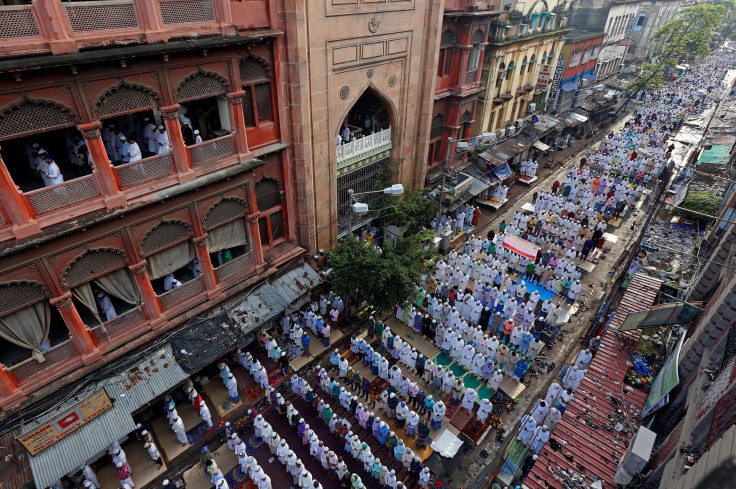
The holy week of Eid al-Adha marking the end of Hajj, the annual Islamic pilgrimage to Mecca, will be celebrated by millions of Muslims around the world, starting on Sept.1 or Sept.2.
Also known as the Feast of Sacrifice, the holiday honors the willingness of the Muslim prophet, Ibrahim to sacrifice his son as an act of obedience to God's command. The story goes — just as Ibrahim was about to sacrifice his son, Allah (God) replaced him with an animal and spared his life.
The date on which Eid al-Adha starts depends on the sighting of the new moon. As it is decided based on the lunar cycle, it falls on a different date each year.
The celebrations of the festival begin with Muslims going to a mosque in the morning to offer prayers and later exchanging gifts and cards in gatherings of family and friends. During Eid al-Adha, the prayer is performed after the sun has risen and before midday of the 10th day of Dhul Hijjah or the last month of the Islamic calendar.
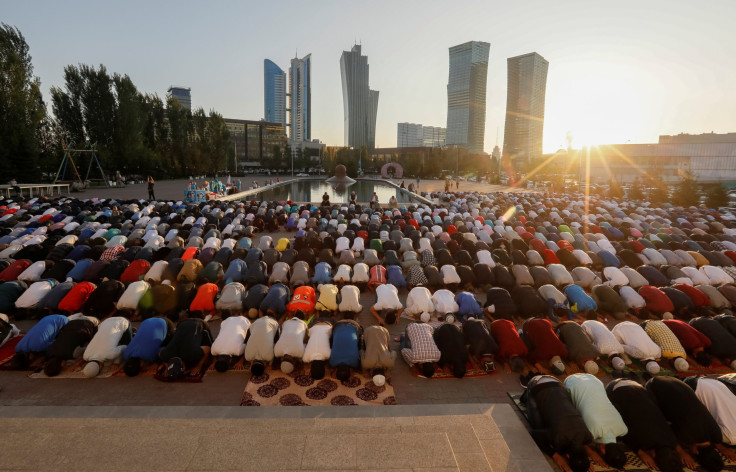
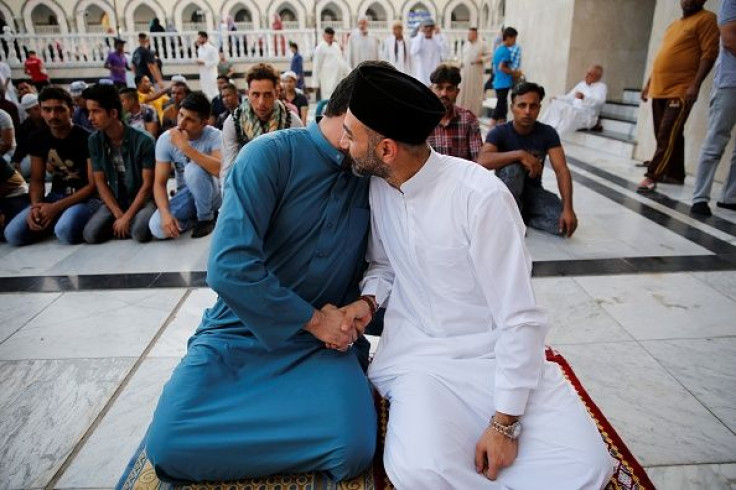
Another important part of the festival is the animal sacrifice that is offered, with people purchasing live animals including sheep, goats and camels in the week leading up to the holiday. The animals should also have all their body parts intact and cannot be ill, blind, visibly lame or emaciated.
At the designated time on a particular day, the animal is turned to face Mecca and a blade is drawn across its neck with the words: "Bismillah”(in the name of God). The act of sacrifice is inspired by the story of Ibrahim.
The ritual dictates that the meat of the sacrificed animal must be divided into three portions, one to be distributed among the poor, one for relatives and one for self-consumption.
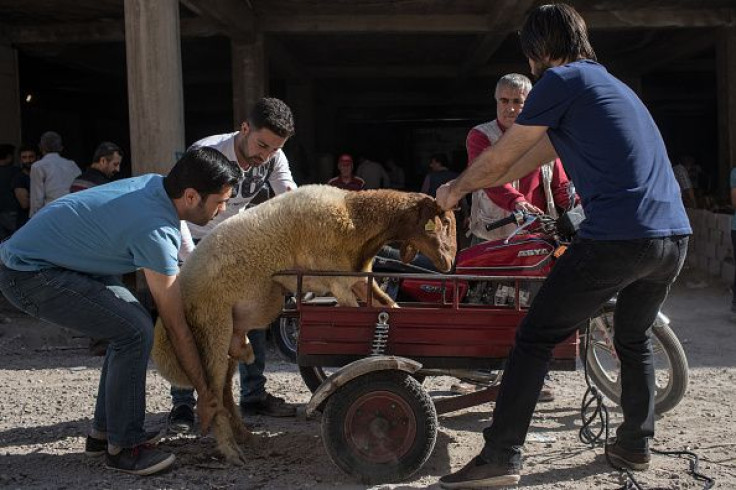
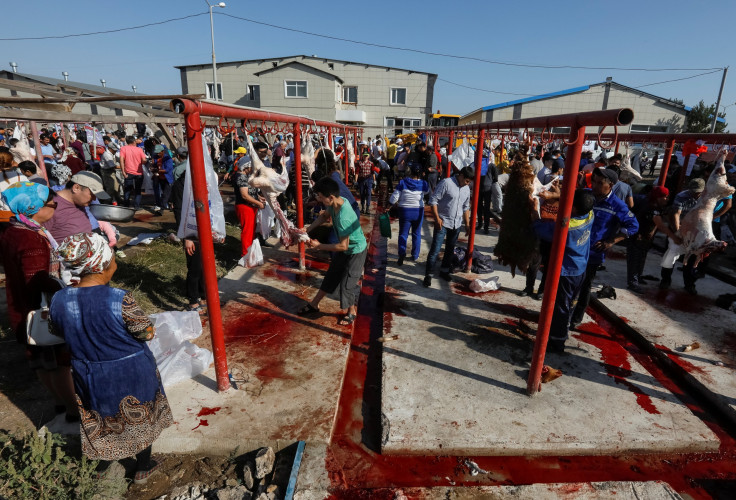
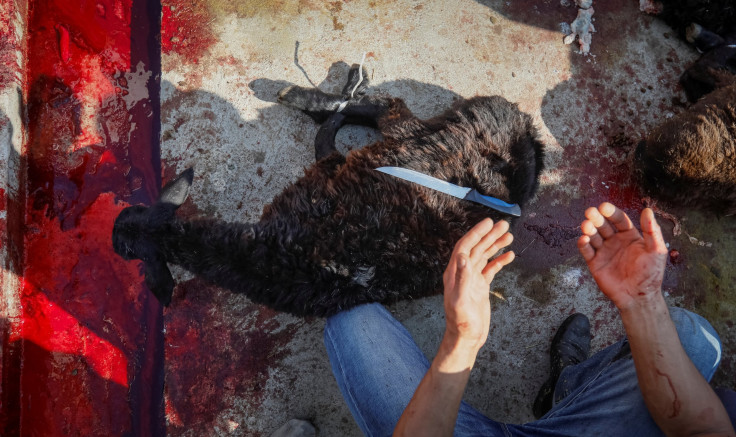
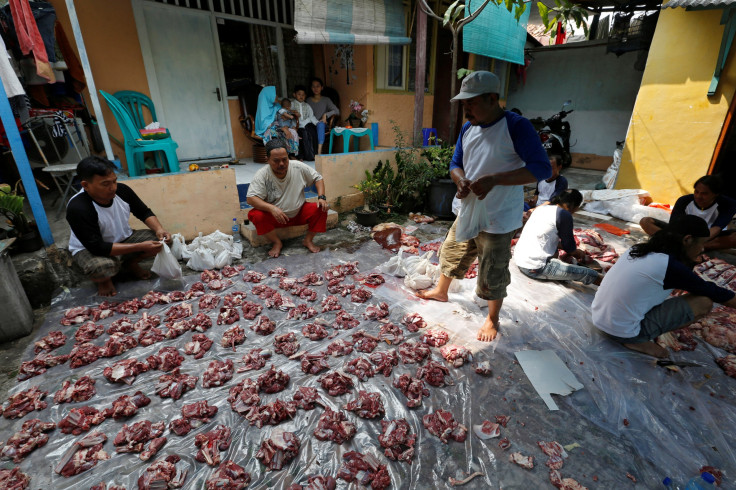
Charity is one of the Five Pillars of Islam, the basic tenets of the religion. During Eid al-Adha, helping the poor and improving the lives of members of the community are encouraged. This includes acts like giving monetary help to charities that provide meat to those who cannot afford or have animals to slaughter. The practice of “waqf” or endowing money or land for building public spaces like mosques, shrines, schools and hospitals are also encouraged.
Eid al-Adha should not be mixed with Eid al-Fitr, another Islamic holiday that marks the end of Ramadan or the month of fasting. Most years, Eid al-Adha falls roughly two months after Eid al-Fitr.
Here are some quotes from the Quran to send to your loved ones on the occasion of Eid al-Adha:
1. He is the One God; the Creator, the Initiator, the Designer. To Him belong the most beautiful names. Glorifying Him is everything in the heavens and the earth. He is the Almighty, most wise. (Quran: 59:24)
2. I put my trust in Allah, my Lord and your Lord! There is not a moving creature, but He has a grasp of its forelock. Verily, my Lord is on the straight path [the truth]. (Quran: 11:55-56)
3. O You who believe! Enter absolutely into peace [Islam]. Do not follow in the footsteps of Satan. He is an outright enemy to you. (Quran: 2, 208)
© Copyright IBTimes 2024. All rights reserved.











